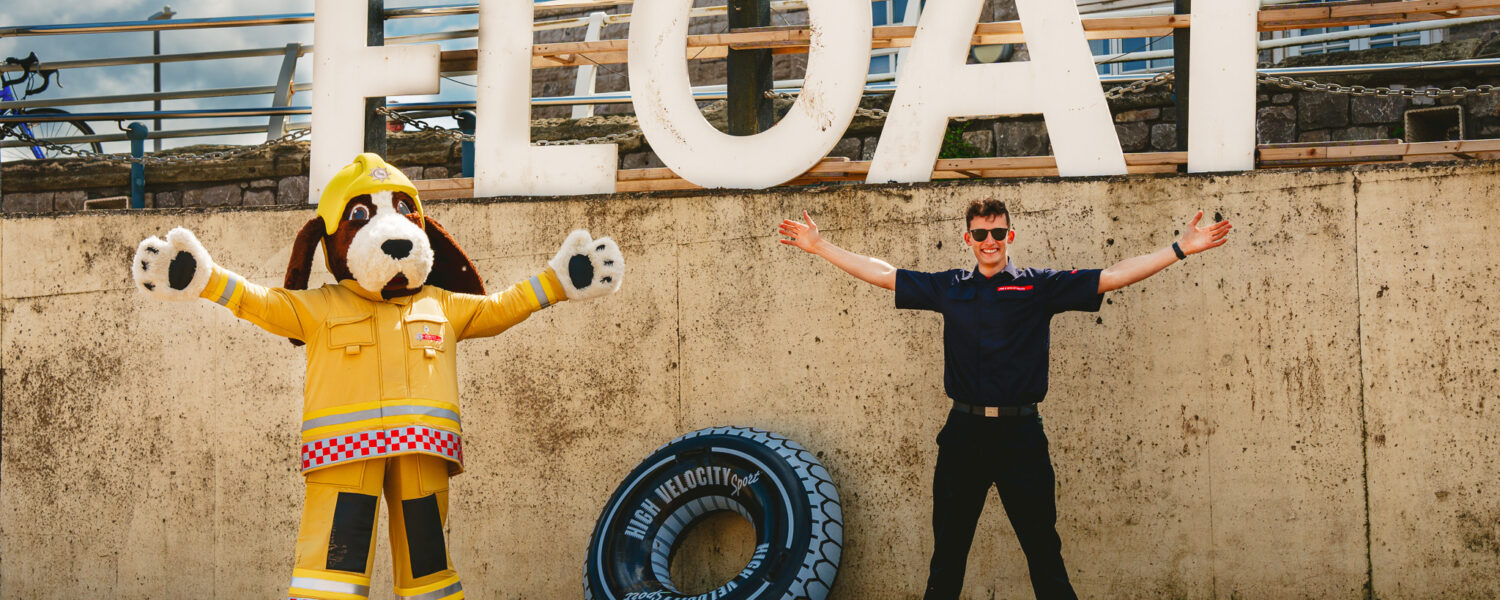What should I teach my child about water safety?
What you teach your child will vary depending on their age, but it’s important to make sure that they are aware of the dangers of all the different types of open water they may come across.
Water safety is an important topic all year round as the risks change with every season, or even day to day.
Most water-related incidents in our area occur when people aren’t intending on entering the water – with simply walking alongside and tripping being one of the most common reasons people enter the water.
Our key advice
Ensure your child can swim
Learning at an early age is a valuable life skill, and may help if they accidentally fall in the water and this will increase your confidence of letting your child spend time near the water.
Use Swim England’s poolfinder to find your closest pool who may offer lessonsMake sure your child remembers: float to live
Even the strongest of swimmers can be quickly overcome by strong currents, low temperatures and cold water shock.
However you end up in the water, if you end up in difficulty, float to live:
- Tilt your head back with your ears submerged
- Relax and try to breathe normally
- Move your hands to help you stay afloat
- It’s ok if your legs sink, we all float differently
- Spread your arms and legs to improve stability
Learn how to ‘Float to Live’ with the RNLI’s informative video:
Know the hidden dangers
Just because an area seems peaceful and the water calm, there are a whole range of hidden dangers below the water’s surface, from discarded rubbish, rocks and mud to currents and tidal changes. Remember, just because it was safe to swim there yesterday, conditions change quickly and it might be very different today.
Beach and pool safety
Always got to a location which has lifeguards and make sure you teach your children to understand the restrictions indicated by safety flags. Only use inflatables in a pool as they can quickly get swept out to sea by winds and currents. Even if your child is a strong swimmer, they should be supervised at all times whilst in the water.
In an emergency
In an emergency, call 999. Do not enter the water yourself, instead stay on the bank and try to help from there using a safety equipment, clothing or nearby items.
Knowing your location is the key to supporting emergency services to get to you quickly. Using What 3 Words is a quick and simple way to give your exact location. Learn more about What 3 Words.
